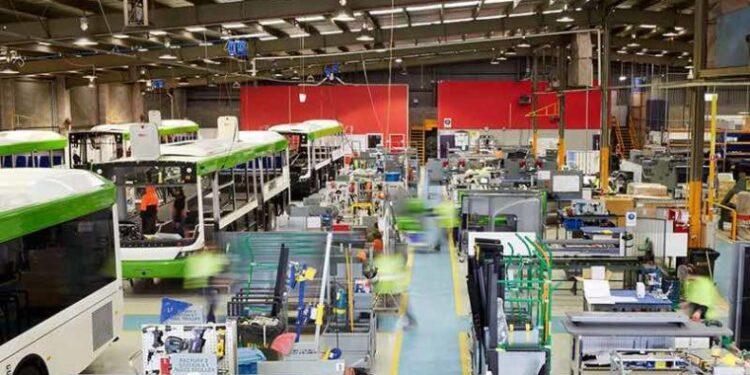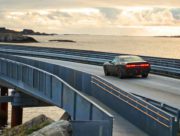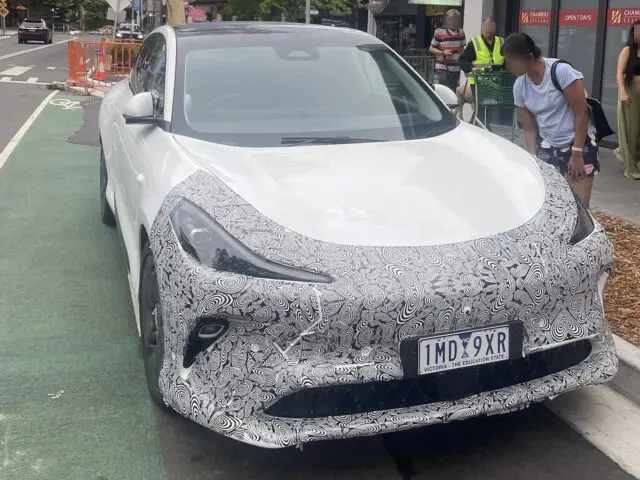Queensland is taking a major step towards zero emissions transport with the announcement of 40 new battery electric buses to be added to the state’s network this year. Transport and main roads minister Mark Bailey said the new buses will more than double the 25 electric buses already operating in Yarrabilba, Redland Bay, Cairns, and on the Sunshine and Gold Coasts.
The new buses will be rolled out by four different operators. Keolis Downer will launch 16 battery electric buses on Hornibrook Bus Lines’ network covering Moreton Bay, while Transdev is already rolling out 17 battery electric buses in Brisbane’s eastern suburbs. Kinetic will roll out six new buses over the next few months on the Sunshine Coast, and a pair of electric buses built at Volgren’s manufacturing facility at Eagle Farm will begin operating on the Spring Hill Loop.
The move is part of the state government’s commitment to meet its zero-emissions targets and build more zero emissions buses in Queensland. “We’re doing this right now which is supporting more electric buses to hit the road, but we’re also planning for the future and looking to build more zero emissions buses here,” said Mr Bailey.
The addition of 40 new battery electric buses to Queensland’s network is a major step towards reducing emissions and improving air quality in the state. It is also a sign that electric vehicles are becoming increasingly viable for public transport, and that more governments are taking action to reduce their carbon footprint.
FAQ
Q1: Are electric car batteries recyclable?
A1: Yes, electric car batteries are recyclable.
Q2: Are electric car chargers free?
A2: It depends on the charger and the location. Some electric car chargers are free, while others may require a fee.
Q3: Can electric car batteries be rebuilt?
A3: Yes, electric car batteries can be rebuilt with the right tools and knowledge.









